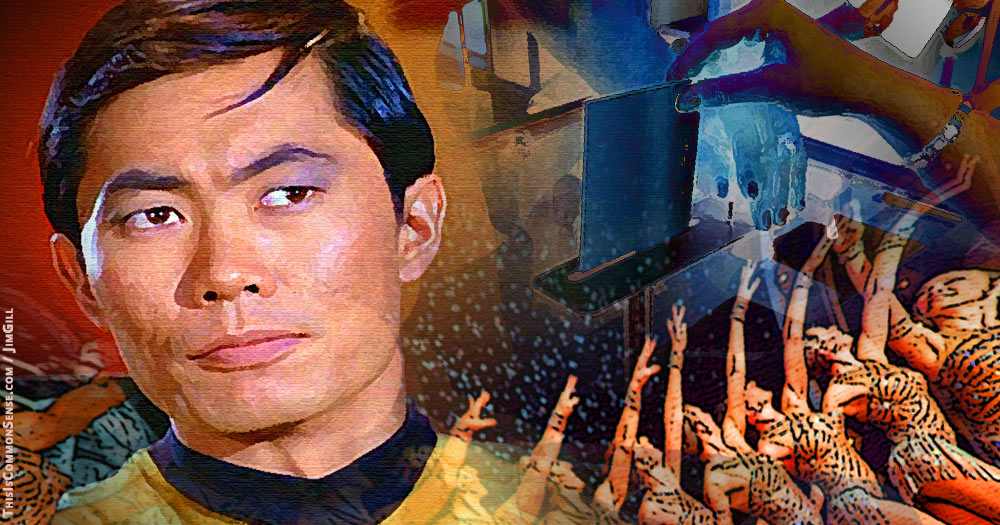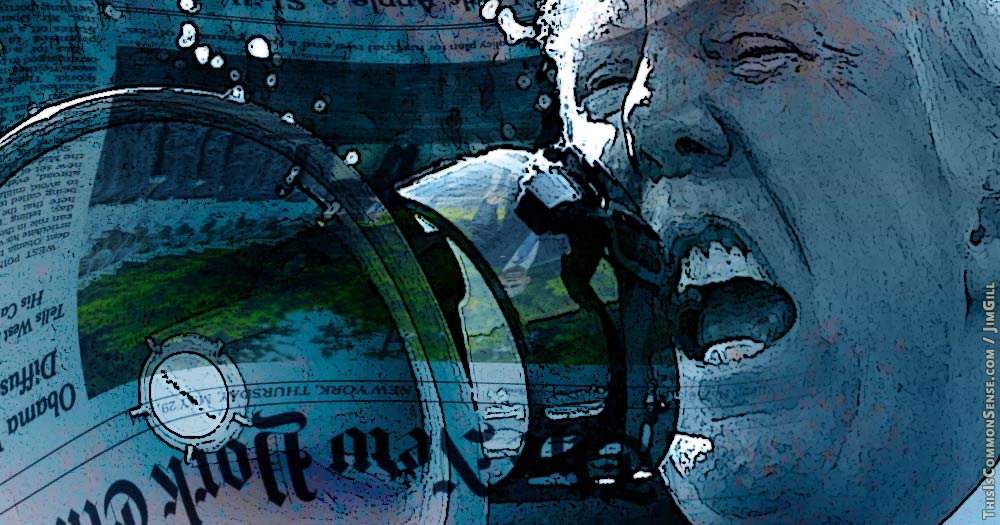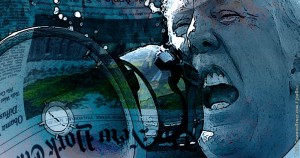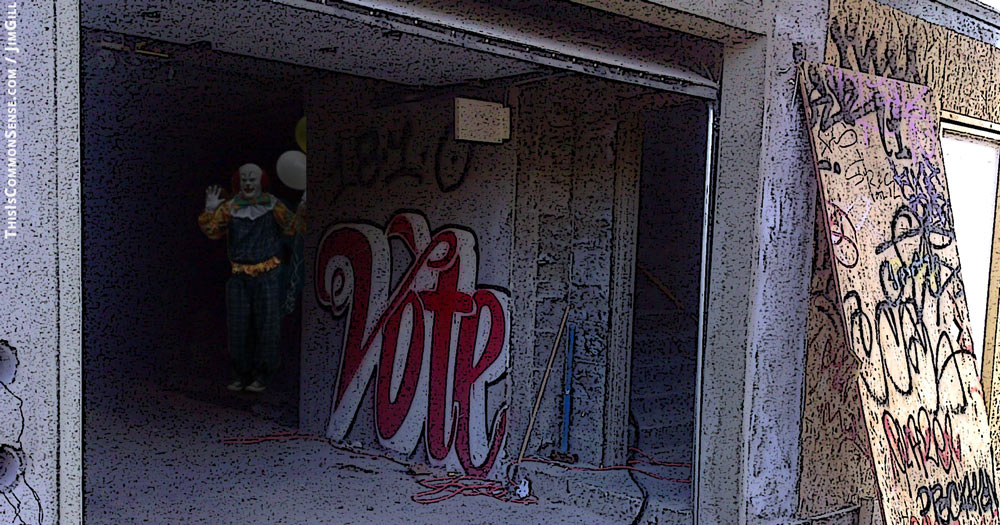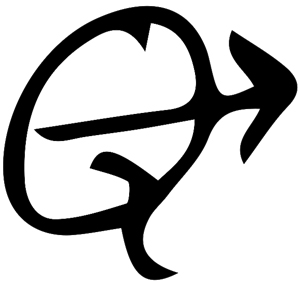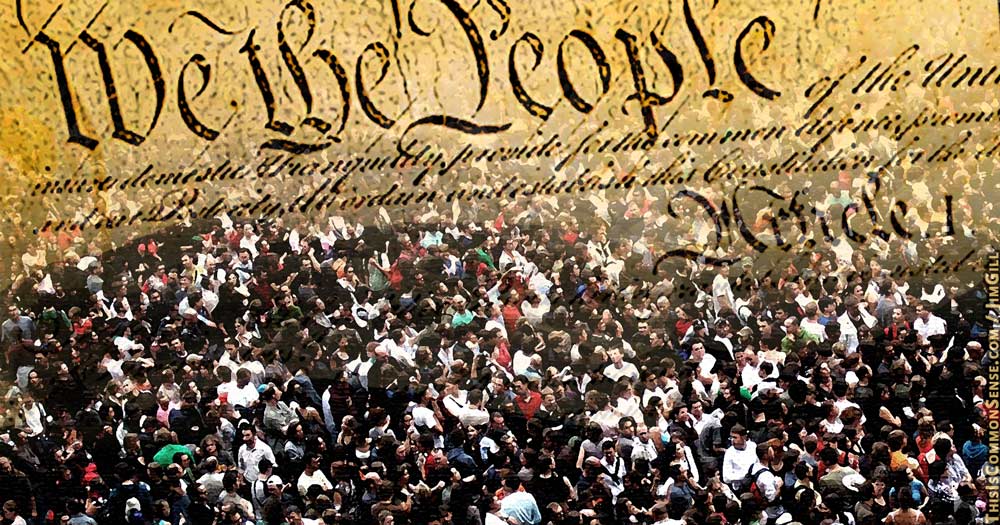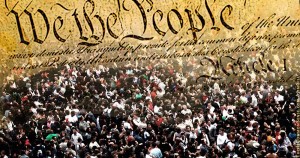The President-elect has had some difficulty booking celebrity acts for his inauguration. And instead of taking this as a cue to trim down on celebratory excess, his team has extended the guest performer list to include New York’s world-famous chorus line dancers, the Rockettes.
The leggy, sequined showgirls might seem a perfect fit for the President-elect’s celebration — more, say, than a ballet troupe, or a string quartet — but one among the Rockettes protested. Being a part of a performing team might seem a dream job, but not for Phoebe Pearl. She was, she wrote on Instagram, “overwhelmed with emotion,” and not in a good way. She felt “embarrassed and disappointed” that the gig “has been decided” for her.
She feels … coerced.
Dan Avery, writing before Christmas, characterizes the contract as a matter of “force.”
Welcome, Ms. Pearl, to the world that most American workers already know.
But the silliness reached high pitch with actor George Takei, who tweeted: “The members of the Rockettes and the Mormon Tabernacle are like all of us: Forced to go along with something horrible they didn’t choose.”
Democracy — oh, my!
Most people have had to put up with democratic results they did not like. Are Democrats only now understanding this?
To a degree, I sympathize. Which is why I want limits placed on government. Perhaps Democrats should have thought of this every time they cheered as their elected candidates increased presidential power. Did they not realize that someday they might lose?
And if you want a right of refusal, make sure it is in your contract.
The Rockette does not have a leg to stand on.
This is Common Sense. I’m Paul Jacob.
